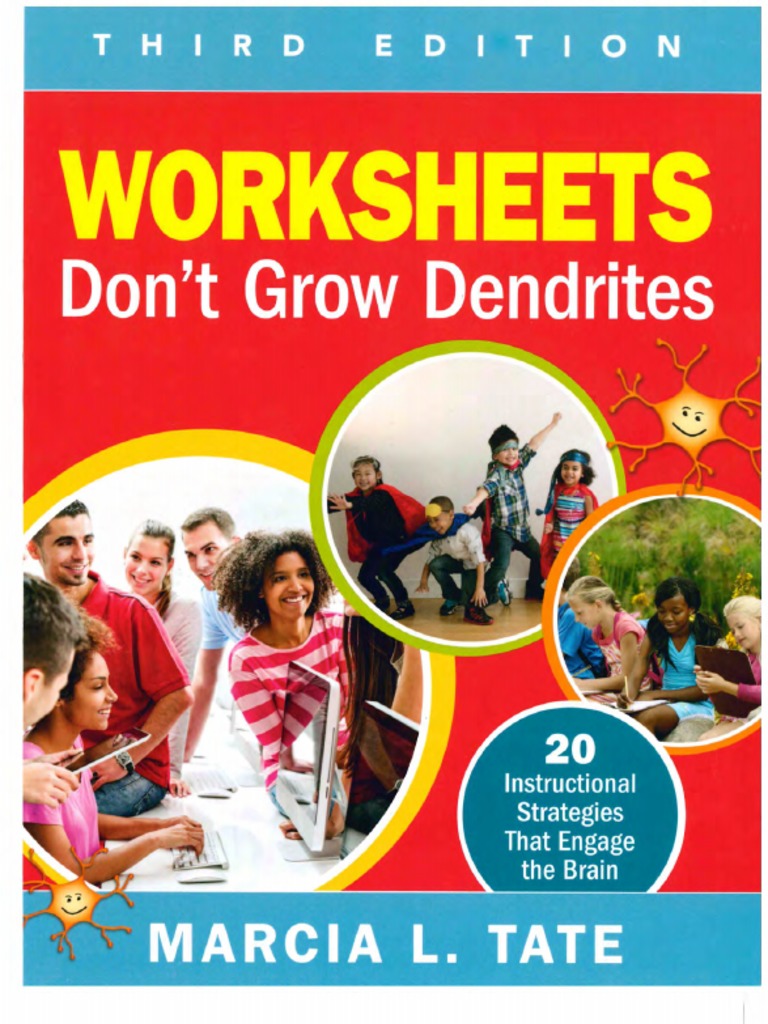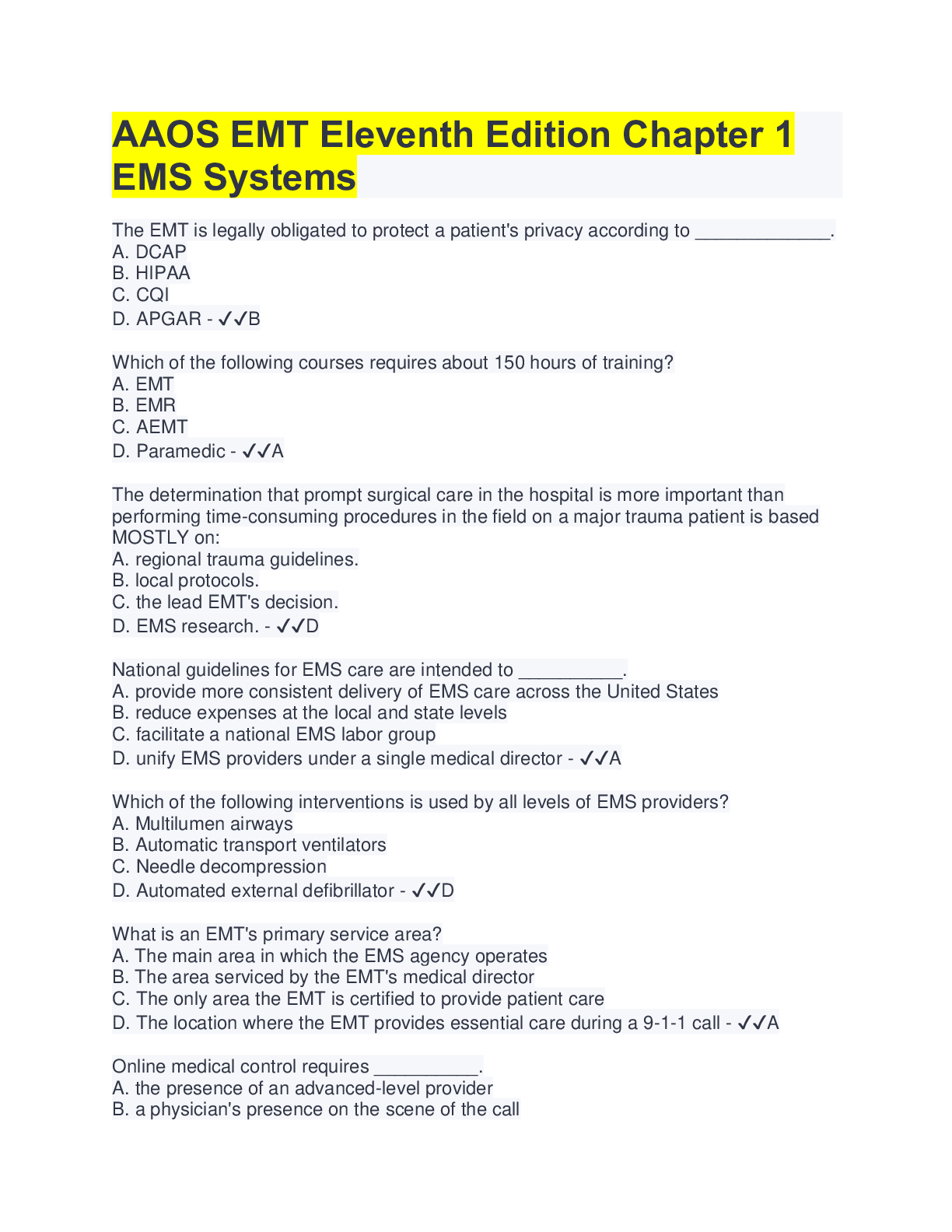Ditch Worksheets to Grow Dendrites and Boost Student Learning

Why Worksheets Can Stifle Student Growth and What to Do Instead
Worksheets have been a staple in many classrooms for decades. They’re often used to reinforce learning, provide extra practice, and help students develop specific skills. However, research suggests that worksheets can actually hinder student growth and limit their learning potential. In this article, we’ll explore the reasons why worksheets can be detrimental to student learning and provide alternative strategies that can help grow dendrites and boost student achievement.
The Problem with Worksheets
Worksheets can be problematic for several reasons:
- Lack of engagement: Worksheets can be dry and unengaging, leading to boredom and disinterest in learning.
- Limited depth: Worksheets often focus on surface-level learning, failing to challenge students to think critically or deeply.
- Overemphasis on memorization: Worksheets can prioritize memorization over understanding, leading to a shallow understanding of concepts.
- Insufficient feedback: Worksheets often provide limited feedback, making it difficult for students to identify areas where they need improvement.
What Are Dendrites and Why Are They Important?
Dendrites are the branching extensions of neurons in the brain that play a crucial role in learning and memory. When we learn new information, our dendrites grow and form connections with other neurons, strengthening our understanding and solidifying memories. To grow dendrites and boost student learning, we need to create learning experiences that are engaging, challenging, and meaningful.
Alternatives to Worksheets
So, what can we use instead of worksheets to grow dendrites and boost student learning? Here are some alternatives:
- Project-based learning: Encourage students to work on real-world projects that require critical thinking, creativity, and problem-solving.
- Collaborative learning: Pair students up to work on tasks that promote teamwork, communication, and mutual support.
- Inquiry-based learning: Encourage students to explore questions and topics of interest, promoting curiosity and discovery.
- Games and simulations: Use interactive games and simulations to make learning fun and engaging.
Strategies to Grow Dendrites
In addition to replacing worksheets with more engaging learning experiences, here are some strategies to help grow dendrites and boost student learning:
- Provide feedback, not answers: Instead of giving students answers, provide feedback that guides them towards discovery.
- Encourage curiosity: Ask open-ended questions that promote curiosity and encourage students to explore.
- Make it relevant: Connect learning to real-world scenarios, making it relevant and meaningful to students’ lives.
- Differentiate instruction: Tailor instruction to meet the diverse needs and interests of students.

| Strategy | Benefits |
|---|---|
| Project-based learning | Develops critical thinking, creativity, and problem-solving skills |
| Collaborative learning | Promotes teamwork, communication, and mutual support |
| Inquiry-based learning | Encourages curiosity, discovery, and love of learning |
| Games and simulations | Makes learning fun and engaging, promoting motivation and enjoyment |
💡 Note: The key to growing dendrites is to create learning experiences that are engaging, challenging, and meaningful. By providing opportunities for students to explore, discover, and create, we can help build a strong foundation for lifelong learning.
In conclusion, worksheets can limit student growth and hinder learning potential. By replacing worksheets with more engaging and meaningful learning experiences, we can help grow dendrites and boost student achievement. By incorporating strategies such as project-based learning, collaborative learning, inquiry-based learning, and games and simulations, we can create a learning environment that promotes curiosity, creativity, and critical thinking.
What are some benefits of ditching worksheets?
+By ditching worksheets, you can promote engagement, curiosity, and creativity in your students. You can also encourage critical thinking, problem-solving, and collaboration, leading to a more well-rounded education.
How can I incorporate project-based learning into my classroom?
+Start by identifying real-world problems or scenarios that align with your curriculum. Encourage students to work in teams to design and implement solutions, providing feedback and guidance along the way.
What are some examples of games and simulations that can be used in the classroom?
+Examples of games and simulations include educational video games, online simulations, and interactive activities such as escape rooms or scavenger hunts. These can be used to teach a variety of subjects, from math and science to language arts and history.
Related Terms:
- Worksheets Don t Grow Dendrites



